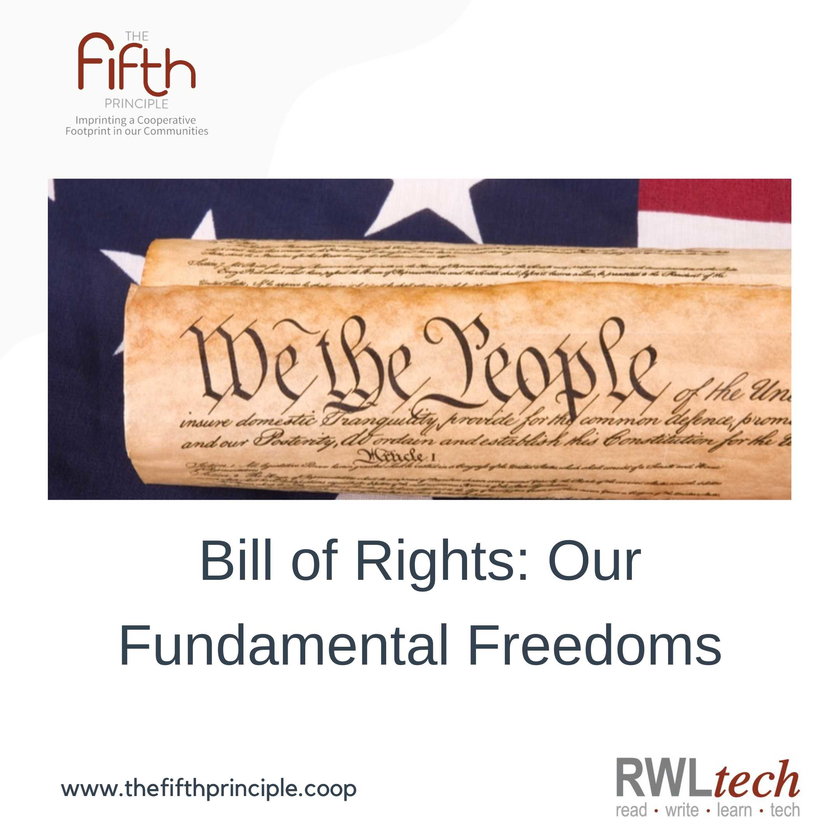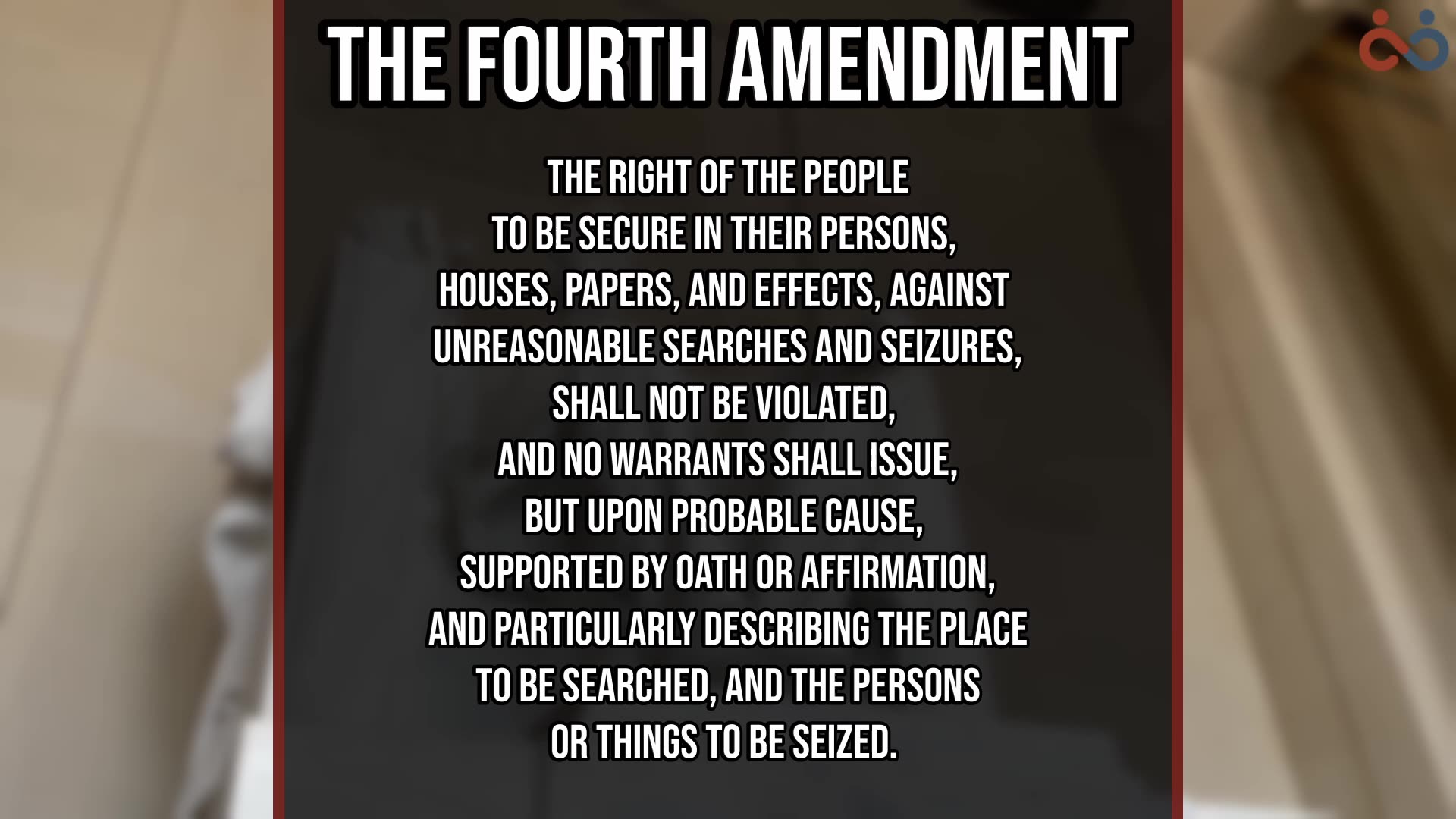The Bill of Rights is the first of ten parts of the US Constitution. They protect our basic rights and freedoms, and they limit the power of the government.
The Bill of Rights says that we have the right to speak our minds, to believe whatever our conscience dictates, and to read and write whatever we want. It also says that we have the right to keep and bear arms, to be protected from unreasonable searches and seizures, and to have a fair and speedy trial if we are accused of a crime.
The Bill of Rights is very important because it protects our basic rights and freedoms; rights that come from our Supreme Creator. The government did not give us these rights and thus they cannot take them away -- unless we, through apathy or ignorance cede them to an overreaching government.
Do you want to learn more about what you can do to act NOW! and save our Constitution.
https://www.thefifthprinciple.coop/wcid.html
Take your learning to the next level:
...


Join us for this great home school summit! https://greatdiscovery.ai/homeschool/416328/
I encourage YOU to employ what I call "Harmonic Leadership," which is a really evocative name. Let's explore the core philosophy behind that title and what it means to lead harmonically?
This is a concept I chose very intentionally. For too long, we’ve associated leadership with a single, loud voice—a soloist. But the most successful, innovative, and resilient teams don't operate like a solo act; they operate like a symphony or a great jazz ensemble.
Harmonic Leadership is built on a simple but profound idea: a leader's primary role is not to be the best player, but to create an environment where every musician (person) can play their best, together. It’s not about everyone hitting the same note—that's unison, not harmony. Harmony is when different, diverse notes combine to create a sound that's richer and more beautiful than any single note (person) could be on its own.
So, to lead harmonically means you are focused on tuning the team. You’re listening to the dynamics, blending ...













